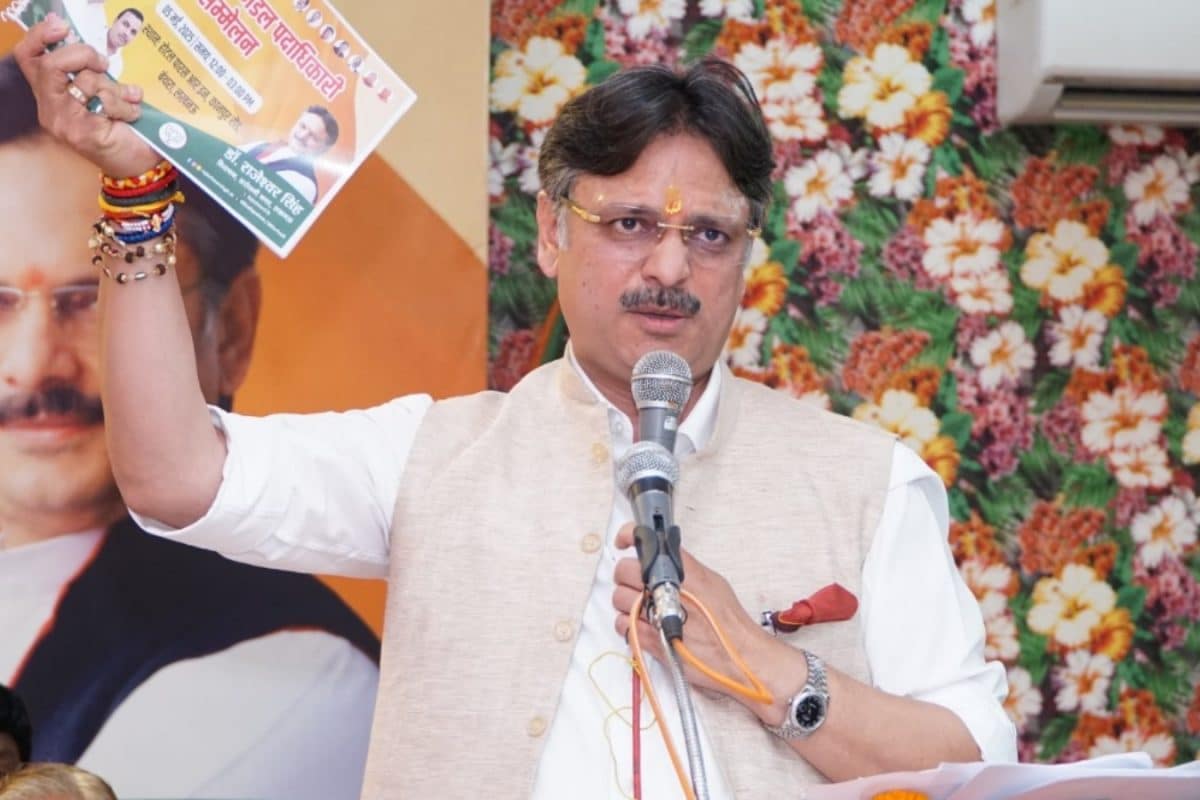

The issue of illegal Bangladeshi immigrants in India has once again taken center stage, with a Bharatiya Janata Party (BJP) Member of the Legislative Assembly (MLA) calling for urgent legal reforms to address the matter. The MLA argues that the presence of these undocumented individuals poses not only a security threat but also a strain on resources and a challenge to the demographic integrity of the nation. This call for action highlights the complexities and sensitivities surrounding illegal immigration in India, a topic that has been debated for decades.
The MLA's statement underscores a common concern among many in India regarding the impact of illegal immigration. Concerns range from the potential for increased crime rates and threats of terrorism, to the more subtle pressures on local economies and social structures. The argument is that undocumented immigrants may take jobs at lower wages, straining resources and potentially altering the demographic balance of certain regions. These concerns are not new.
Historically, the issue of illegal immigration from Bangladesh has been linked to various factors, including economic disparities, political instability, and the porous nature of the border between the two countries. The 1971 Bangladesh Liberation War saw millions crossing into India seeking refuge, and the flow has continued, albeit at varying rates, in the years since. Estimates of the number of illegal Bangladeshi immigrants in India vary widely, with some figures reaching into the millions.
The response to this issue has been multifaceted and often controversial. There have been attempts to identify and deport illegal immigrants, a process fraught with legal and logistical challenges. India's attempt to send back illegal immigrants has faced resistance. Bangladesh leaders are calling it an attack on sovereignty and a risk to their country's security. Allegedly, India sent back 67 Bangladeshis, while 13 people were stuck at the Zero Line between the countries on Wednesday morning, May 28, 2025.
The call for legal reforms by the BJP MLA suggests a need for a more comprehensive and effective framework for dealing with illegal immigration. This could include stricter border controls, improved mechanisms for identifying and deporting illegal immigrants, and measures to prevent the acquisition of fraudulent identity documents. Some politicians are accusing certain revenue officers, assistant revenue officers, revenue inspectors, and tax inspectors of issuing voter ID cards without proper verification, allegedly in exchange for bribes.
However, any such reforms must also address the humanitarian considerations involved. Many illegal immigrants are fleeing poverty, persecution, or natural disasters, and their rights and dignity must be respected. Finding a balance between national security concerns and humanitarian obligations is a key challenge.
The issue is further complicated by the political dimensions. Some political parties have been accused of exploiting the issue of illegal immigration to polarize voters and consolidate their support base. This can lead to discriminatory policies and practices that further marginalize vulnerable communities.
Ultimately, addressing the issue of illegal Bangladeshi immigrants in India requires a multi-pronged approach that encompasses legal reforms, stricter enforcement, humanitarian considerations, and political sensitivity. It is a complex challenge with no easy solutions, but one that must be addressed in a fair, just, and sustainable manner.